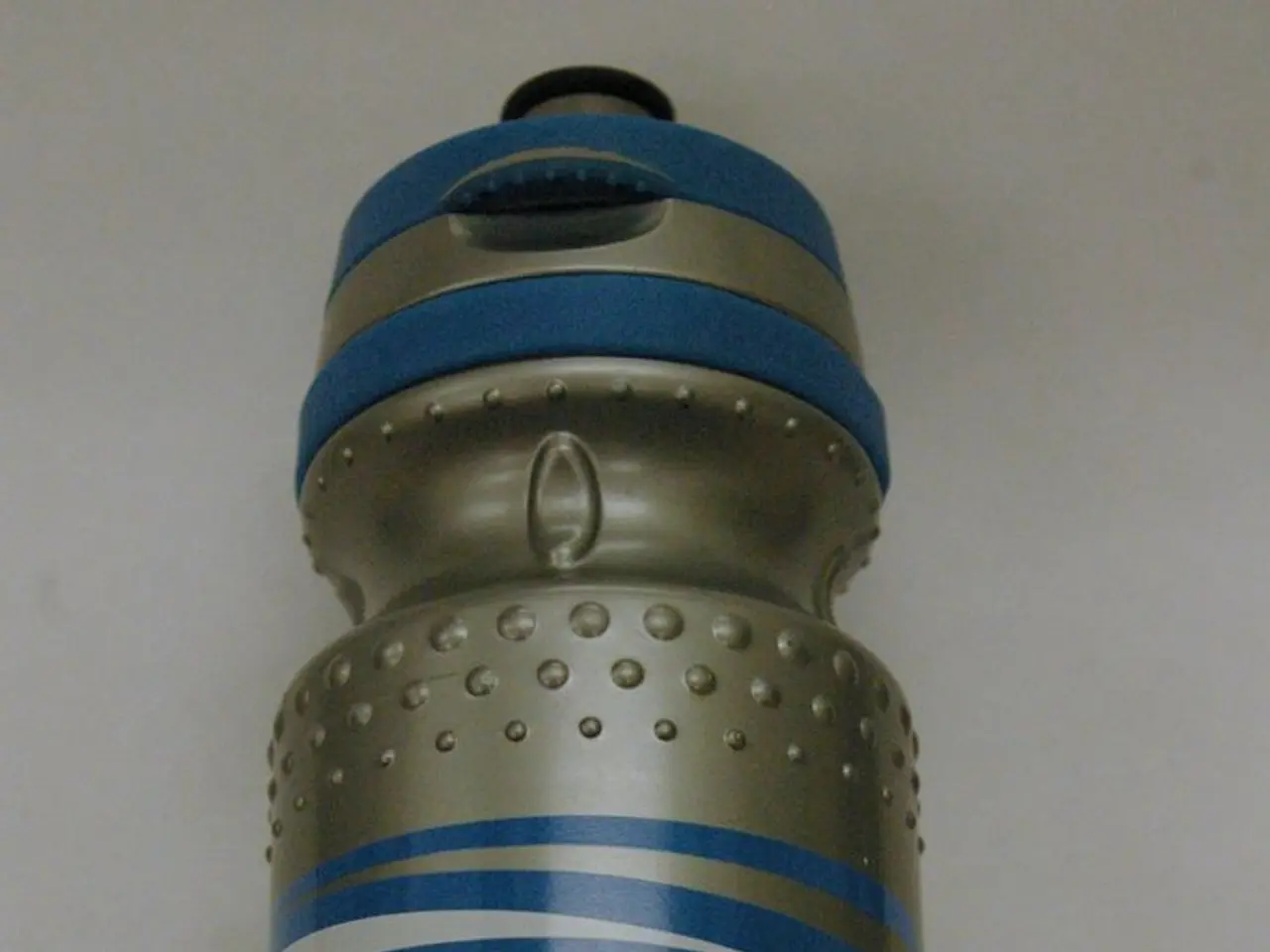Understanding AAT: A Look at Its Basics
Alpha-1 Antitrypsin Deficiency (AATD), a genetic disorder that affects the body's ability to produce a vital protein called alpha-1 antitrypsin (AAT), can lead to serious health issues. Here's what you need to know about the current treatment options, lifestyle changes, and future therapies for managing AATD.
AATD is primarily caused by genetic mutations in the SERPINA1 gene, responsible for producing the AAT protein. Symptoms of AATD can include respiratory problems, liver-related issues, and other symptoms like skin problems, unexplained weight loss, and an increased risk of other diseases.
Common treatment options for individuals with AATD include augmentation therapy, transplantation (lung or liver for advanced disease), and supportive therapies for symptom management.
Augmentation therapy, the primary current treatment, involves intravenous administration of alpha-1 antitrypsin protein derived from human plasma. This aims to increase circulating AAT levels to slow lung function decline and reduce lung tissue damage but does not prevent liver disease progression.
For those who develop end-stage liver disease due to AATD, liver transplantation is an option to restore normal AAT production and improve liver function. In severe cases of lung disease, lung transplantation may be considered.
Supportive therapies include the treatment of chronic obstructive pulmonary disease (COPD)-like symptoms with bronchodilators and inhaled corticosteroids to alleviate respiratory symptoms, though these do not address the underlying genetic deficiency.
Emerging and investigational therapies are focusing on correcting the molecular root cause of AATD. These include gene therapies using adeno-associated virus (AAV), lentiviral vectors, or CRISPR-Cas9 gene editing to restore normal SERPINA1 gene function. RNA interference (RNAi) and mRNA-based therapies are also being developed to reduce harmful mutant protein accumulation in the liver or boost normal AAT production.
These novel approaches are in clinical trials and pipeline development with the hope to provide more definitive treatment beyond symptom control and augmentation therapy.
Managing AATD at home involves regular monitoring, maintaining a healthy lifestyle, and making informed choices. Regular check-ups with healthcare providers are vital to monitor AATD. Staying hydrated is crucial for maintaining optimal lung function.
Avoiding pollutants, maintaining a smoke-free home environment, and creating a supportive home environment with good ventilation and air purifiers to reduce allergens and pollutants can also help.
AATD is inherited in an autosomal co-dominant manner, meaning that a person can inherit the condition from one or both parents. Preventing complications associated with AATD involves regular health screenings, staying up-to-date with vaccinations, engaging in regular exercise, and adhering to medication regimens.
If you or a loved one is experiencing any of the symptoms mentioned above, it is crucial to seek medical advice. Regular monitoring of health includes keeping a daily symptoms journal, having an emergency plan in place, and staying informed about new treatment options and advancements in AATD research.
[1] National Institutes of Health. (2021). Alpha-1 Antitrypsin Deficiency. Retrieved from https://ghr.nlm.nih.gov/condition/alpha-1-antitrypsin-deficiency [2] American Lung Association. (2021). Alpha-1 Antitrypsin Deficiency. Retrieved from https://www.lung.org/lung-health-diseases/lung-disease-lookup/alpha-1-antitrypsin-deficiency [3] Prolastin. (2021). Prolastin [Package Insert]. Retrieved from https://www.accessdata.fda.gov/drugsatfda_docs/label/2019/021182s015lbl.pdf [4] Glassia. (2021). Glassia [Package Insert]. Retrieved from https://www.accessdata.fda.gov/drugsatfda_docs/label/2020/761169s000lbl.pdf
- AATD, a genetic disorder, can lead to serious health issues like respiratory problems, liver-related issues, and skin problems.
- Augmentation therapy, the primary treatment for AATD, involves the intravenous administration of alpha-1 antitrypsin protein to increase circulating AAT levels and slow lung function decline.
- Supportive therapies for managing AATD symptoms include the treatment of COPD-like symptoms with bronchodilators and inhaled corticosteroids, though these do not address the genetic deficiency.
- Emerging therapies for AATD are focusing on correcting the molecular root cause, such as gene therapies using adeno-associated virus (AAV), lentiviral vectors, or CRISPR-Cas9 gene editing.
- Managing AATD at home involves regular monitoring, maintaining a healthy lifestyle, and regular screenings to prevent complications associated with the condition.




